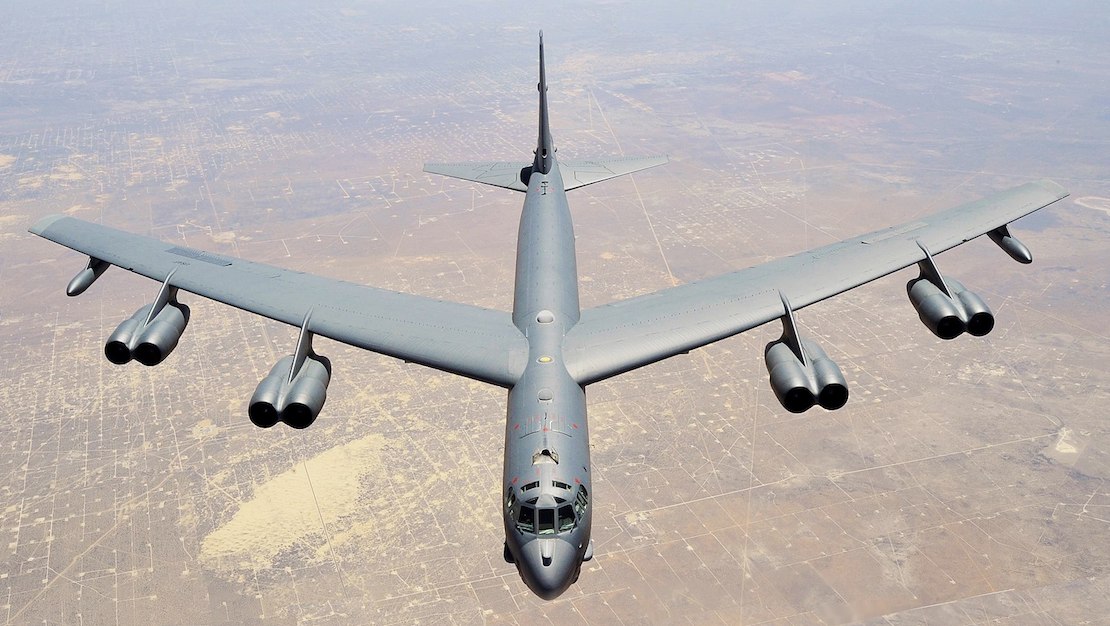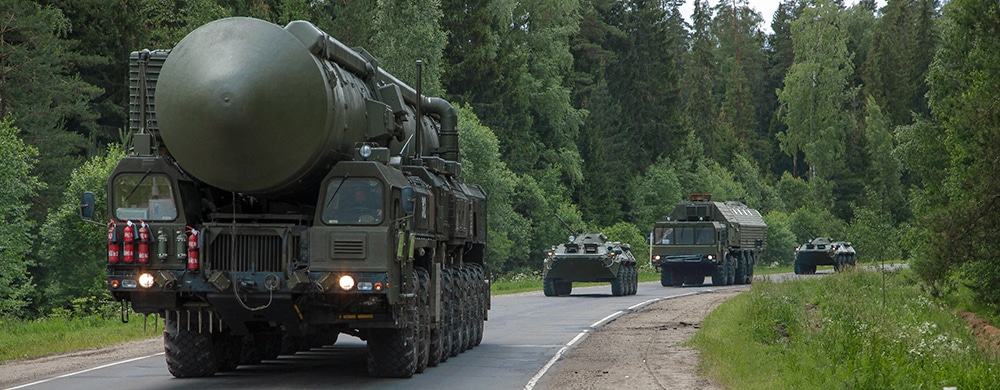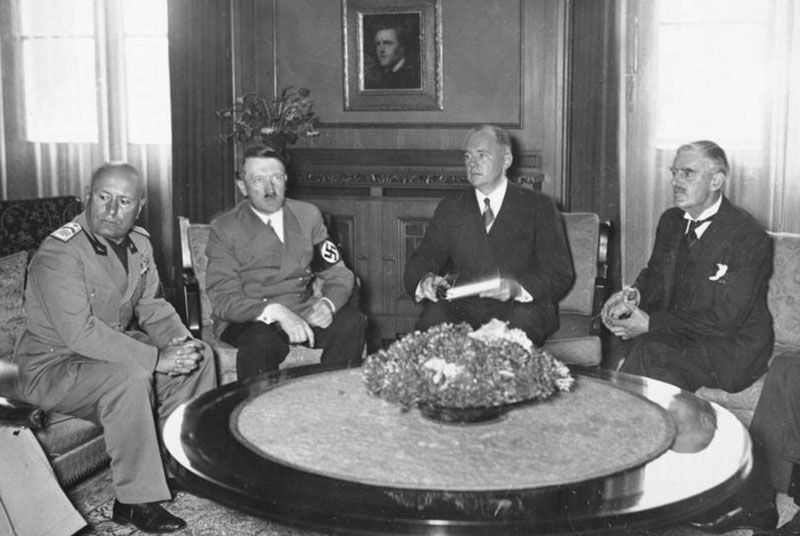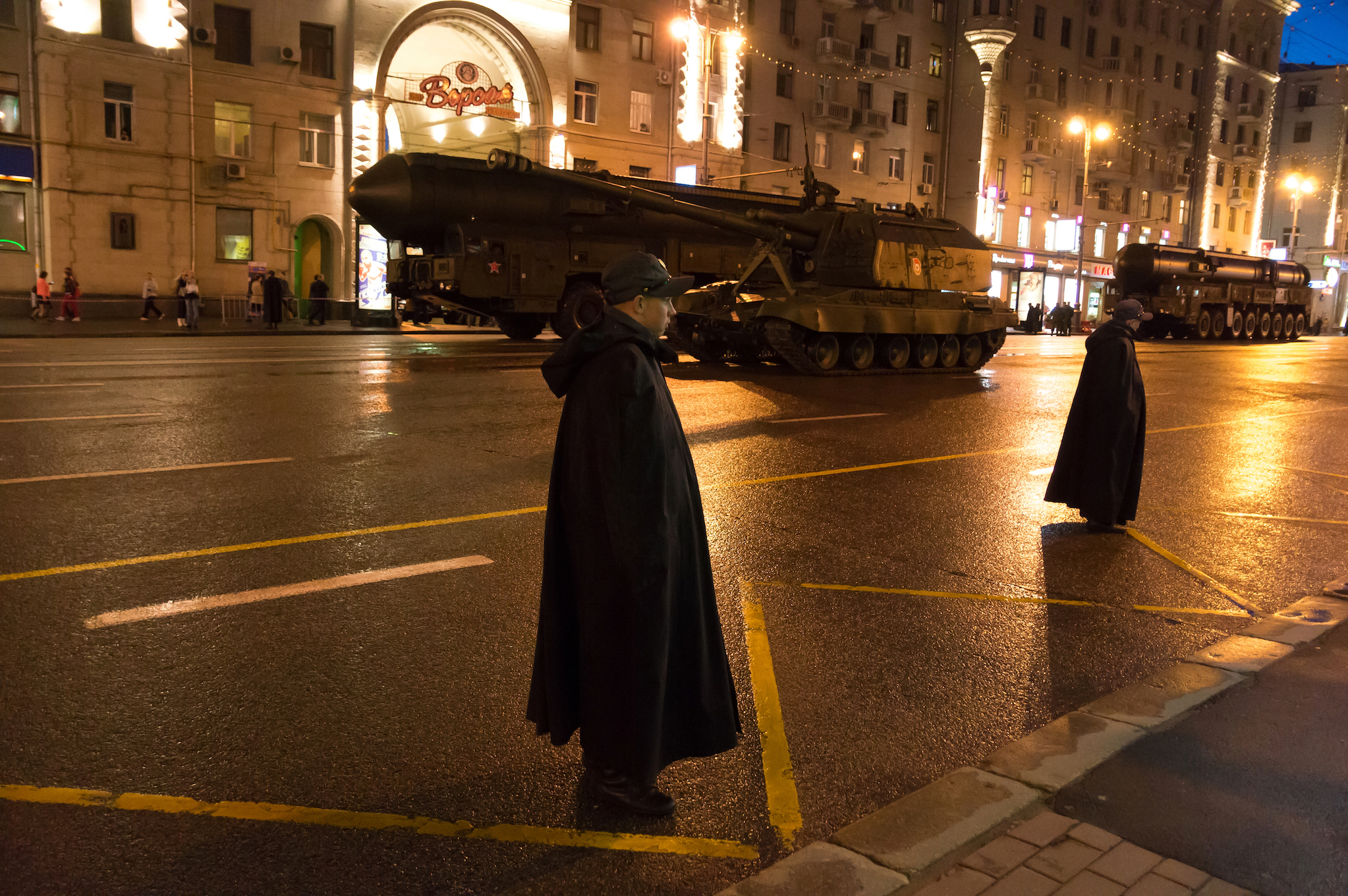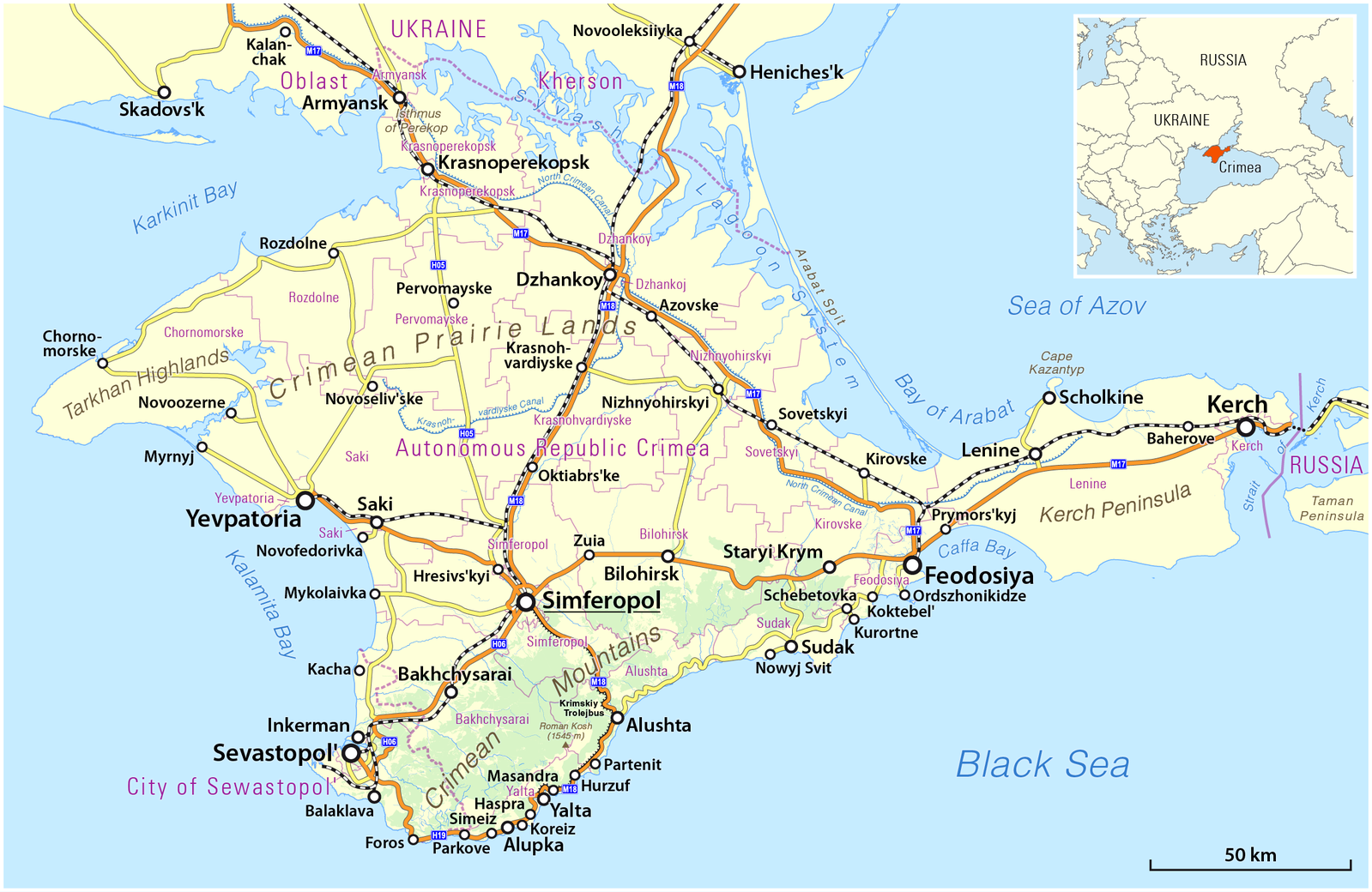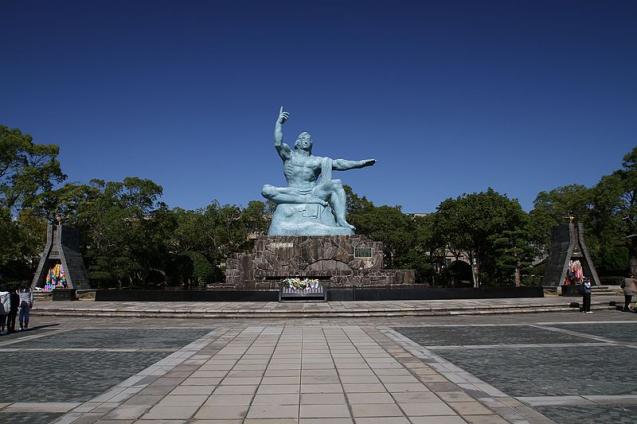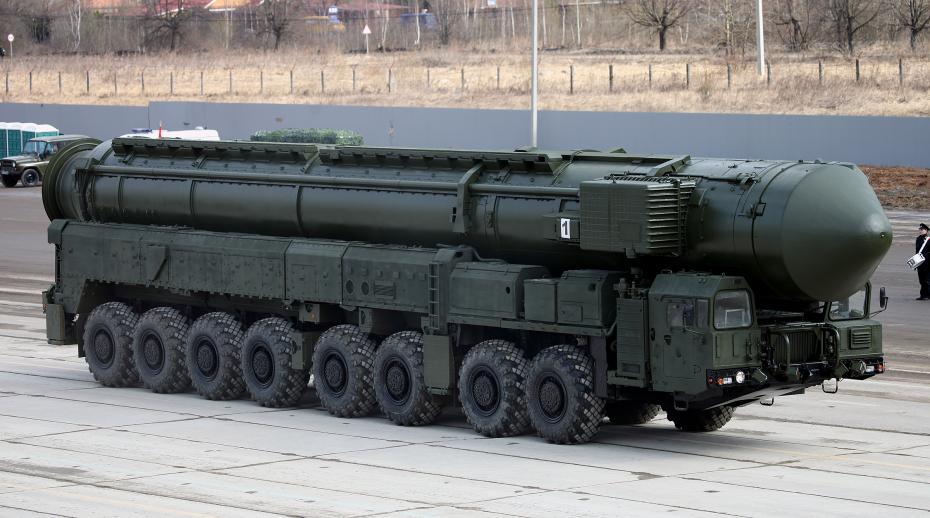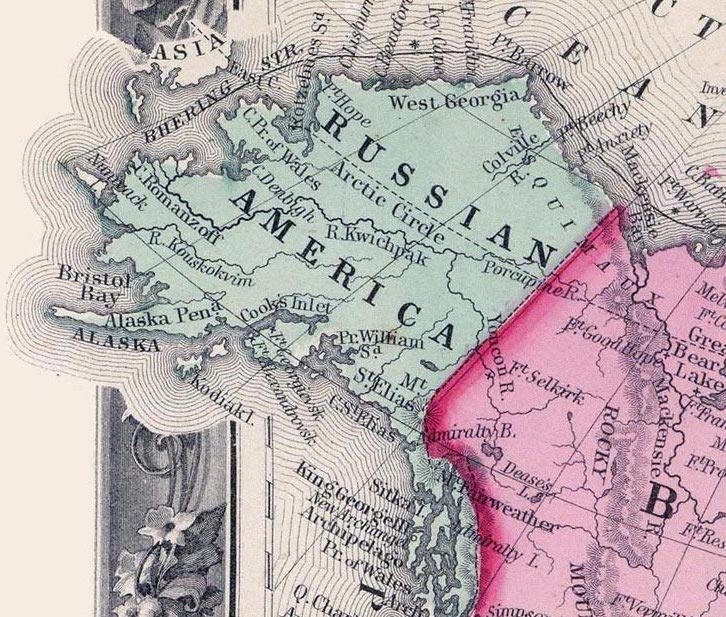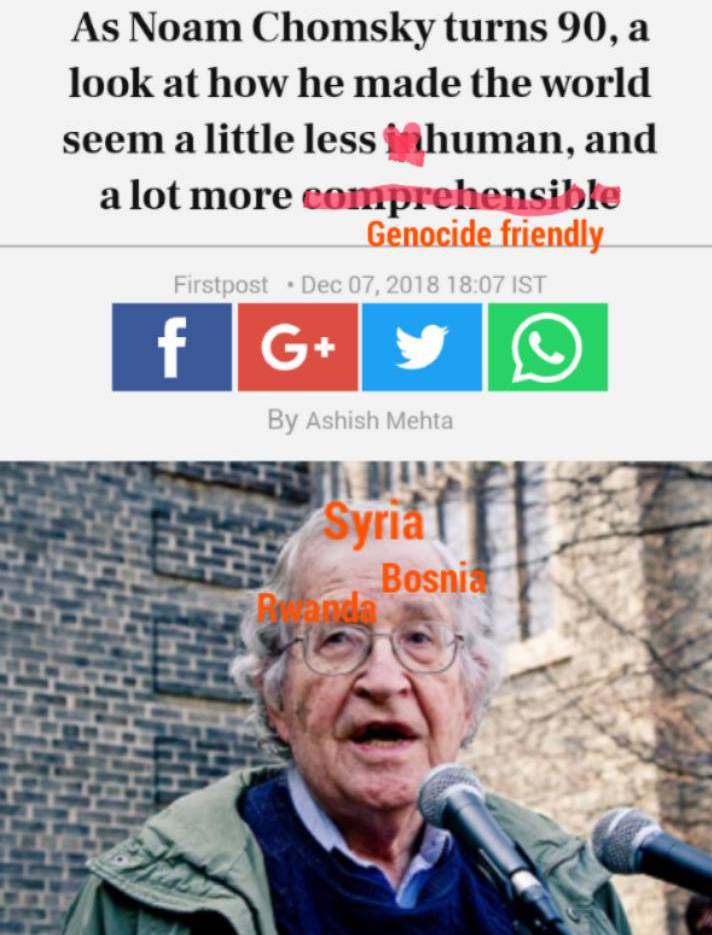
Doomsday clock moves, Russia nixes talks
The Bulletin of the Atomic Scientists moved the hands of the Doomsday Clock forward, citing the mounting dangers of the war in Ukraine. The Clock now stands at 90 seconds to midnight—the closest to global catastrophe it has ever been. The press release announcing the move spared no criticism for Russia, excoriating Moscow for breaking its commitment to respect Ukraine’s sovereignty and borders in the 1994 Budapest Memorandum, and violating international protocols by bringing its war to the Chernobyl and Zaporizhzhia nuclear plants. The statement also expressed alarm over Russia’s repeated implicit threats to unleash nuclear war. The statement nonetheless called on the United States to “keep the door open to principled engagement with Moscow that reduces the dangerous increase in nuclear risk.” However, Kremlin representative Dmitry Peskov responded to the statement by rejecting any imminent return to the negotiating table: “Right now we can only state that the prospects for stepping on a diplomatic path are not visible at present.” (Image: BAS)



